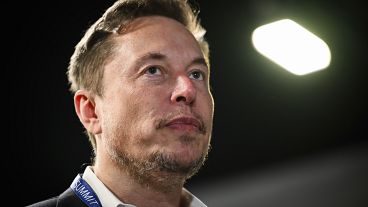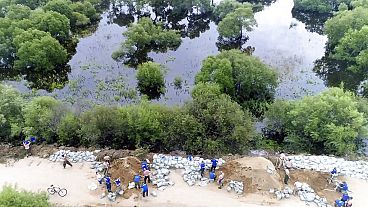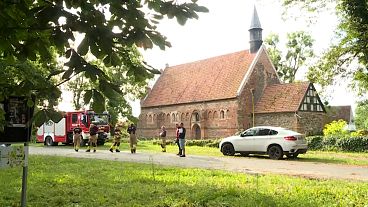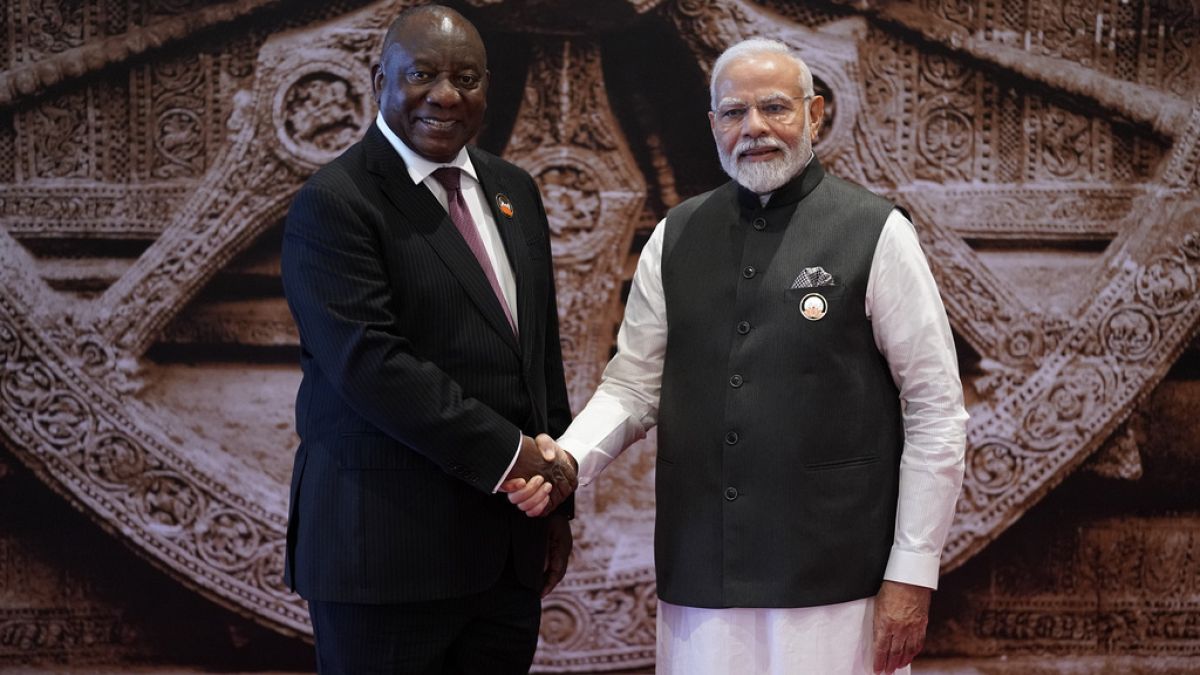India's Prime Minister Narendra Modi kicked off G20 talks by announcing that the African Union would join the group of the world's top economies.
The African Union has been granted permanent member status in the Group of 20 top world economies, Indian Prime Minister Narendra Modi said on Saturday, adding momentum to his drive to give a greater voice to the Global South as host of this year’s annual summit.
The announcement during Modi’s opening speech for the weekend summit of the G20 comes as growing global rifts and the absence of key players threatened to make reaching consensus on the thorniest issues elusive.
There was widespread support, however, for adding the AU to the G20, making it the second regional bloc to become a permanent member after the European Union.
Modi addressed the delegates from behind a nameplate that listed his country not as India but as “Bharat,” an ancient Sanskrit name championed by his Hindu nationalist supporters that his government has been pushing at the G20.
Modi has made giving voice to the Global South a centerpiece of this year’s summit, and adding the AU at the outset was a strong step in that direction.
With much of the world’s focus on the Russian war against Ukraine, India has been working to try and direct more attention to addressing the needs of the developing world at the summit — though it is impossible to decouple many issues, such as food and energy security, from the European conflict.
Modi did make a presumed reference to the war in his opening remarks, though he avoided mentioning the names of any countries involved.
As the summit opened, at least a fifth of G20 heads were not in New Delhi. The leaders of Russia and China opted not to come, ensuring no tough face-to-face conversations with their American and European counterparts over multiple disputes, most acutely the war in Ukraine.
Spain’s president couldn’t make it due to COVID-19, and Mexico’s president decided to miss it, too.
A series of preparatory meetings leading to this weekend’s meeting failed to produce agreements due to increasingly fractious rifts among the world’s global powers, largely due to differences over Ukraine.
Along with the addition of the AU as a permanent member, other major topics on the agenda were issues critical to developing nations, including alternative fuels like hydrogen, resource efficiency, developing a common framework for digital public infrastructure and food security.












